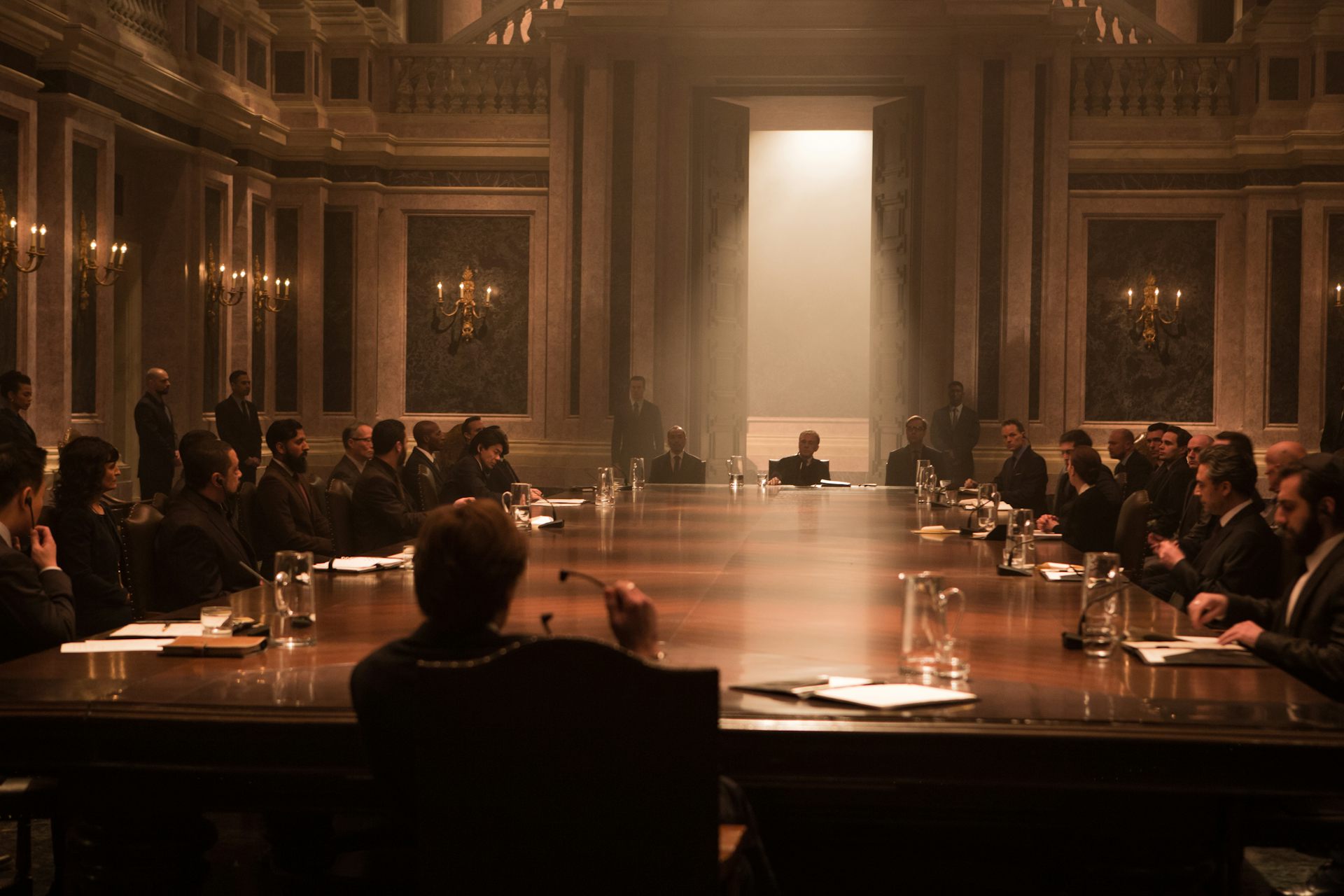
Spectre is a stylised, thrilling 70s-style romp, and easily the best Bond since Casino Royale.īut like an apparition, it's fragile – poke it and it dissolves. You see them to remind you how good Bond used to be. Stefan Zurcher began looking for appropriate locations in Switzerland, Austria, Italy and France, 12 months before shooting commenced. It was also the first time Aston Martin and the Bond production team collaborated on creating a new car designed specifically for the film with the DB10. Just what are MI6 supposed to be up to here - driving Aston Martins and chatting-up women in the bar while civilians are dying? No wonder the accountants have some objections.īut then again, this is Bond, and you don't see a Bond film in 2015 for depth or invention. Spectre marked the first time Bond has filmed in Rome, Italy. Three major bombings occur and nobody bats an eyelid. At one point he foils a terrorist plot in the process, but only by accident. It's jarring: an intelligence official who cares more about protecting metadata than saving lives feels more false than any invisible cars or volcano lair ever did.īond, meanwhile, is consumed by a personal vendetta. Are we supposed to believe that M, the head of MI6, has objections to the type of surveillance technology already used widely by developed nations? It's never clear why, other than it might put him out of a job. But as Homeland and Spectre show, the how and why of plunging the world into disarray is far more complex than actually trying to depict it.And that's where it gets odd.

It's an intelligent, cerebral kind of threat that speaks to the volumes to people whose interests, communications, emotions and intelligence exist almost exclusively on a phone kept in their pocket.Īs could be seen in the later years of Fox's 24, there's only so many times you can blow something up before the threat of isn't edge-of-your-seat stuff any more.

The data-driven plots, and the inter-country scrutiny that accompanies such a leak, then, has had an interesting impact on the way pop culture is tackling terrorism. As the Observer's Tim Adams noted, "The problem with making Bond more real is that everything around him then seems even more fake than usual." Though he used to face off against absurd, billionaire supergeniuses who lived on exotic islands, later films have seen Bond take down more realistic terrorist figures - with mixed results. In fact, a scene from Skyfall between Bond and villain Raoul Silva was mocked for its accidentally homoerotic undertones. 007 is always facing off against a combination of henched-up foreign goons or campy European villains. Meanwhile, Bond has always relied on outdated stereotypes to relay the "us versus them" mentality that sees a country do anything to protect itself from harm.

Nothing is further from the truth," one Pakistani official told the New York Post. "In Homeland, portrayed as a grimy hellhole and war zone where shootouts and bombs go off with dead bodies scattered around. Nadeem Hotiana, speaking for the Pakistan Embassy, said the show had "maligned" the country and had done "a disservice" in its portrayal. Homeland's attempts to veer away from the titular home-land and tackle terrorism on a bigger scale blew up (figuratively) after the show was condemned for its lazy depictions of Pakistan. In a 2002 piece titled " Pop Culture Takes on Terrorism," the New York Times criticized TV's "uncanny ability to dissolve just about anything and incorporate it, transformed and repackaged, into the body politic," citing The West Wing as proof that instant reactions to current events (in this case, 9/11) were problematic.

How Edward Snowden Changed the Spy Genre, from 'Spectre' to 'Homeland' He wants to pave the way for a multinational scheme that would employ computer-monitoring, activity tracking and global surveillance.Ĭonsidering the 007 franchise was built on the super-spy premise - radical, glamorous, sexy, exotic - Bond's investment in looking at the intersection between technology and politics is a new step. While Bond is following a trail left to him by the late M (Judi Dench), who died at the climax of Skyfall, the MI6 building is besieged by office politics as new colleague C (Andrew Scott) plans to abolish the 00-programme. The Guardian's Peter Bradshaw notes that the film takes "a stoutly pro-Snowden line against creepy voyeur surveillance," while Oliver Franklin-Wallis writes in Wired that in a "post-Snowden world," Spectre ends up having something of an identity crisis. Yet Spectre demonstrates something possibly more important to the health of the franchise than individual success: a readiness to embrace new ideas.Ĭritics have already picked up on the references to the Edward Snowden case in Spectre. The 24th film in the James Bond franchise follows the phenomenal success of 2012's Skyfall, the most successful Bond film of all time, and early reviews suggest it doesn't quite have the charge needed to make it a classic Bond film.


 0 kommentar(er)
0 kommentar(er)
